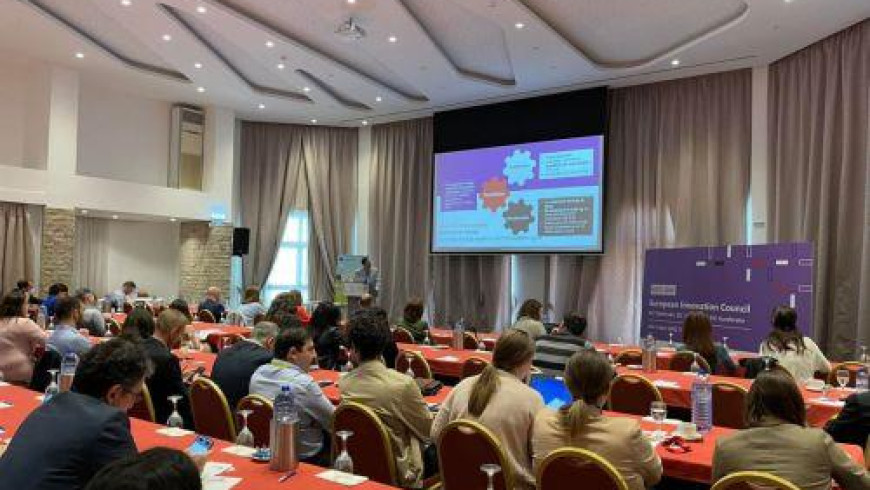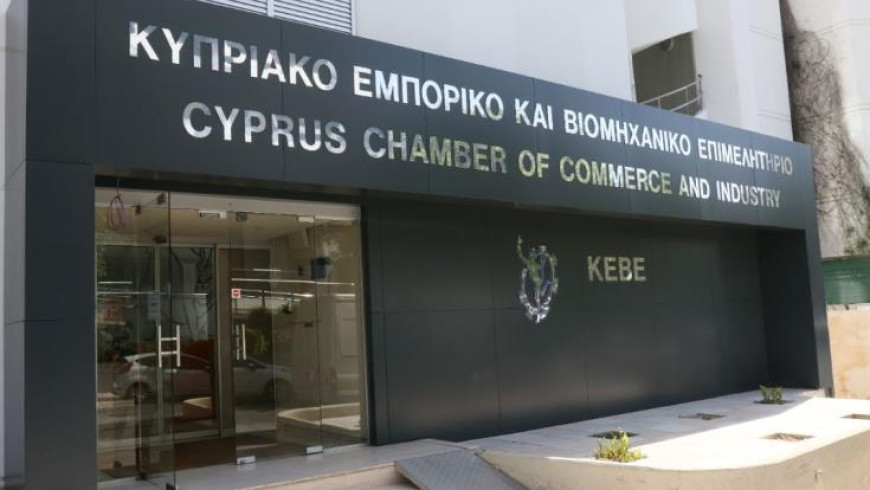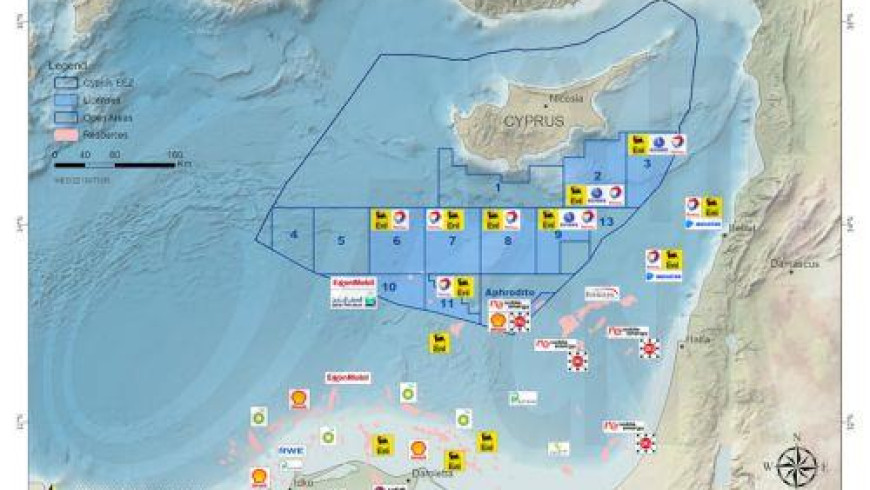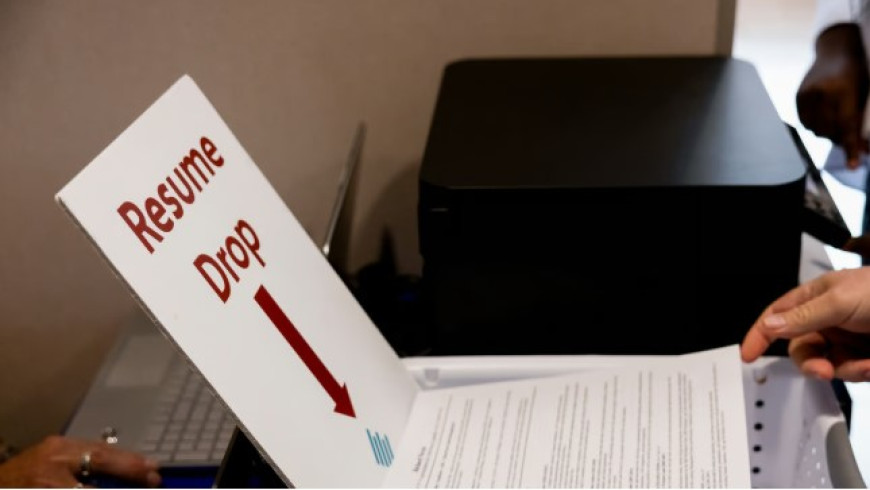
In view of the Bank of Cyprus’ Extraordinary General Meeting on July 28, 2006, which will deal with the outcome of the banking deal, the analysts and the fund managers attempt to “crystallize” its repercussions on the value of the portfolios they have undertaken. At the thought that the market will have to accept 400 million or more BOC shares in case of a successful deal, the analysts are in a cold sweat. They believe that some of the new shareholders of Emporiki Bank will sell the newly-issued BOC shares to their benefit, pushing up the offer of shares and putting pressure on their shares.
According to Laiki Asset Management Manager, Marios Demetriades, a successful deal might lead to intense liquidations as a result of the issue of a large number of shares. The analysts agree that if the shareholders of Emporiki Bank need cash, they will sell the BOC shares.
On the other hand, if the deal fails, many foreign institutional investors will come back, contributing to the increase in the BOC share. When the Bank of Cyprus announced its decision to acquire Emporiki Bank, the foreign institutional investors expressed their discontent and sold their shares. These shares were acquired by Piraeus Bank. “If the offer is not approved, the BOC share might show profits since the offer will drop”, Hellenic Bank (Investments) Fund Manager, Christos Kalogeris said.
It is worth noting that the first forecasts of the foreign analysts that observe the Bank of Cyprus (UBS and JP Morgan) are positive.
Piraeus Bank
Piraeus Bank’s intentions on the merger between the Bank of Cyprus and Emporiki Bank are still enigmatic. In its announcements, the Greek bank has made no mention of Emporiki Bank and this boosts the scenarios for its objection to BOC’s public offer for the acquisition of the bank, the analysts say.
“Piraeus Bank aims to avert the BOC public offer. At the Extraordinary General Meeting, the bank will attempt indirectly to avert the approval of the PO”, Mr. Kalogeris concluded.
According to Laiki Asset Management Manager, Marios Demetriades, a successful deal might lead to intense liquidations as a result of the issue of a large number of shares. The analysts agree that if the shareholders of Emporiki Bank need cash, they will sell the BOC shares.
On the other hand, if the deal fails, many foreign institutional investors will come back, contributing to the increase in the BOC share. When the Bank of Cyprus announced its decision to acquire Emporiki Bank, the foreign institutional investors expressed their discontent and sold their shares. These shares were acquired by Piraeus Bank. “If the offer is not approved, the BOC share might show profits since the offer will drop”, Hellenic Bank (Investments) Fund Manager, Christos Kalogeris said.
It is worth noting that the first forecasts of the foreign analysts that observe the Bank of Cyprus (UBS and JP Morgan) are positive.
Piraeus Bank
Piraeus Bank’s intentions on the merger between the Bank of Cyprus and Emporiki Bank are still enigmatic. In its announcements, the Greek bank has made no mention of Emporiki Bank and this boosts the scenarios for its objection to BOC’s public offer for the acquisition of the bank, the analysts say.
“Piraeus Bank aims to avert the BOC public offer. At the Extraordinary General Meeting, the bank will attempt indirectly to avert the approval of the PO”, Mr. Kalogeris concluded.














 3287.99
3287.99 1275.09
1275.09

